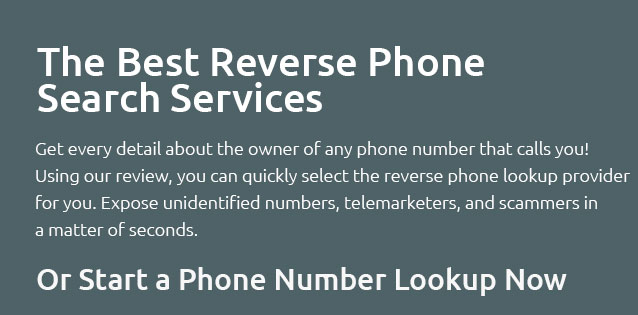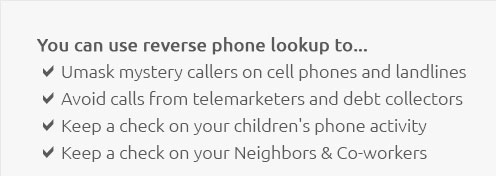 |
 |
|---|
 |
 |
|---|---|
|
|
 |
|
|---|---|
 |
|
 |
|
 |
 |
|---|---|
 |
|
Exploring the Intricacies of Cell Number Lookup by NumberIn today's digital age, where technology intertwines seamlessly with our daily lives, the concept of cell number lookup by number has emerged as a fascinating yet somewhat controversial topic. This process, at its core, involves discovering the identity or additional details associated with a particular phone number. It's a tool that can be both incredibly useful and potentially intrusive, depending on how it's wielded. To understand this tool better, one must first delve into the mechanics of how it operates. Essentially, a cell number lookup utilizes a vast database of information to match a phone number with its corresponding user details. These databases are often compiled from publicly available information, as well as from data shared through online platforms and directories. The accessibility of such data has been the subject of much debate, with privacy advocates raising concerns over the potential for misuse. While some might view the ability to lookup a number as a mere curiosity or convenience, there are several practical applications that highlight its utility. For instance, businesses often use this service to verify the identity of callers, ensuring that they are engaging with legitimate clients or partners. Similarly, individuals might find it valuable when attempting to discern the identity of an unknown caller, potentially safeguarding themselves from scams or unwanted solicitations. However, with great power comes great responsibility. The ease of accessing personal information through a simple number lookup raises ethical questions about privacy. There's a delicate balance between the right to know and the right to privacy, a balance that varies significantly across different jurisdictions. Some countries have stringent regulations governing what information can be accessed and shared, while others adopt a more laissez-faire approach. As users, it is crucial to be aware of the implications of using such services. Here are a few key insights to consider:
In conclusion, while the ability to perform a cell number lookup by number offers a plethora of advantages, it simultaneously demands a heightened sense of responsibility and ethical consideration. As technology continues to evolve, so too must our approach to balancing the benefits of connectivity with the fundamental rights to privacy and autonomy. https://www.nationalcellulardirectory.com/
A user-friendly tool that quickly provides contact details,including cell phone numbers. So you can perform a cell phone lookup by name, phone number, or ... https://www.spokeo.com/reverse-phone-lookup
A free reverse phone lookup allows you to search records associated with a landline or mobile phone number so that you can gain insight and quickly identify ... https://www.canada411.ca/search/reverse.html
Reverse phone lookup for finding someone quickly. Enter a 7-digit number in our reverse phone number lookup for general listings or a 10-digit one for a ...
|
|---|